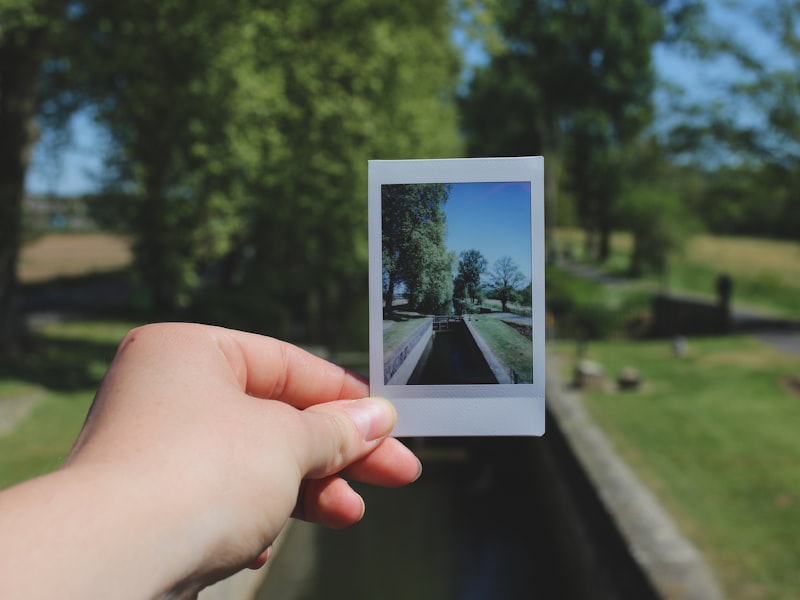The Only Guide for "Preventing Water Damage in Your Columbus, Ohio Home: Tips and Tricks"

Water damage is a common problem that many individuals in Columbus, Ohio face. It can induce notable damages to your home and lead to pricey fixings. Nevertheless, along with some preventative measures, you can easily protect your property coming from water harm and spare yourself a whole lot of problem and amount of money. In this short article, we will definitely go over suggestions and techniques to prevent water damage in your Columbus, Ohio residence.
1. On a regular basis inspect your pipelines
One of the very most common trigger of water damages in residences is rupture or seeping water pipes. To protect against this coming from happening, it's essential to on a regular basis assess your pipelines for leakages or indications of damage and split. Look out for moist spots on wall structures or roofs, as well as any kind of uncommon noise happening from your pipelines. If you see any type of problems with your plumbing system system, don't think twice to call a qualified plumbing to take care of the problem before it switches in to a significant issue.
2. Set up a sump pump
In places that are susceptible to flooding or massive rainfall like Columbus, possessing a sump pump put up can easily be exceptionally favorable in avoiding water damage in your property's basement or crawl room. A sump pump works by pushing excess water out of your house before it has the opportunity to create any kind of considerable damages.
3. Check for suitable drainage
Ensure that all gutter systems are very clear of debris and performing properly so that rainwater may stream openly away from the groundwork of your property instead of pooling around it leading to achievable foundation issues . Likewise inspect if there is sufficient pitch away from the house base on landscape design attribute like outdoor patios or floral bedrooms.
4. Maintain an eye on appliances
Home appliances such as clean machines, dish washers and refrigerators often have pipes that can ended up being loosened over time which might lead to water leaks that lead in flooding if not caught early good enough.. Ensure these pipes are correctly connected and switch out them if they reveal indicators of damage and split.
5. Maintain rooftop seamless gutters
Consistently inspecting for clogged up rain gutters and clearing them out can easily assist prevent water damage through making sure that rainwater can move easily away from the roofing of your residence. If not gotten rid of, clogged gutter systems might lead to water to swimming pool on the roof which might lead to leaks.
6. Take care of any kind of water leaks instantly

Even a small water leak can easily quickly turn into a primary concern if left neglected. If you see any type of water leaks in your plumbing unit or roofing system, it's important to correct them as very soon as possible to stop water damage from occurring.
7. Spend in Another Point of View like sealer and finishes may be used to wall structures and floors in cellars or crawl spaces. This will definitely assist prevent humidity coming from trickling into your residence and leading to damages.
8. Always keep an eye on your water bill
A abrupt rise in your monthly water costs could possibly suggest a water leak someplace within your plumbing system device, even if you haven’t seen any kind of apparent indicators of leakage yet.. Contact a plumbing technician immediately if you believe this is the situation so that the issue can be fixed before it induces notable damage.
In verdict, avoiding water harm in your Columbus, Ohio property is important for preserving its architectural stability and preventing costly repair services down the collection.. Through adhering to these simple tips and secrets , you can defend your residential or commercial property versus this typical issue and delight in tranquility of mind recognizing that your house is risk-free coming from possible flooding or other forms of water-related harm.
